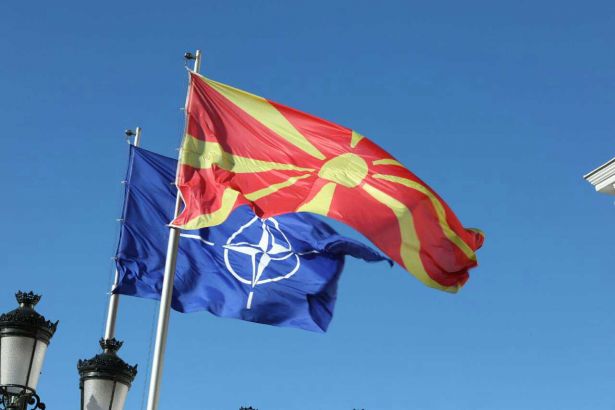
The end of the Cold War is often discussed in term of its international consequences such as the evolution of world politics into a new order. In these days when regionalism shines out, the cold war has inherited backward rooted problems in the Balkans. The name problem between Macedonia and Greece is the one of the main problems among the results caused by the problems in regards to national, regional and even international level of importance.
As we mentioned in our previous articles, the root cause of the problem is historical. Macedonia was established in northern Greece in the First Age. By 4th century B.C. It dominated the entire ancient Greek world and spread the Hellenic culture to a wide geography with the conquests of Alexander the Great. Even today, Greeks accept ancient Macedonia as a part of their national history[1]. Upon being Independent in 1991, Macedonian accepted themselves as the successor of Ancient Macedonia and they carried out their national symbols and nation-building process accordingly. Greece, on the other hand, considered this attitude as an expansionist one towards Aegean Macedonia. In Greece public opinion, it was argued that would Macedonia claim lands from Aegean Macedonia in the long run. Greece’s first reaction was to issue economic embargo or limit the two nations relations, but they did not end it there. In the case of Macedonia's membership to NATO and the EU, Greece did not hesitate to block the international integration of Macedonia by giving a veto vote.
In addition to serious international efforts, in both countries there are new governments who think and clearly states that the problem between the two countries is becoming more and more inaccessible as time goes by and their view for a solution is more moderate. The Prespa Agreement[2] made on 17 June 2018 struck hope for a solution. The reason why we cannot use a definite statement with it is that this agreement caused protests and opposition parties objections in both countries. The process for the agreement to be approved by the assembly was a relatively long and uncertain one. As it is known, it is a necessity to be approved by all the relevant countries councils for an international agreement to take action. In addition to this, in both countries, widespread protests were made after the signing of the agreement and the public was discontent. The experts of the region were pessimistic on their analysis from time to time. They argued whether the agreement was a stillborn or not.
In short, the content of the agreement was, the parties involved negotiated around several different names and they have finally agreed on the Republic of Northern Macedonia. At June 17th, both countries Minister of Foreign Affairs signed this agreement which changed Macedonia’s official name and makes it use this new name in everywhere. A new dual-use was adopted for the passports of Macedonian citizens in which the nationality part read Macedonian/Northern Macedonian. And the word “Macedonian” could be used to indicate ethnicity and official language (Article 7). The treaty also included many articles on mutual good will, respect for the sovereignty and territorial integrity, and the development of bilateral relations[3].
The agreement was passed by parliament on 11 January 2019, almost seven months after the signing of the agreement, despite public protests of the Macedonia people, opposition and even the president's objections[4]. This process has been evaluated more thoroughly in our article titled “Macedonia Name Change Referendum: Different Interests, Different Perspectives[5]”. As expected, especially in NATO and the EU evaluated the legalization of the agreement with great joy. For example, U.S. Ambassador of Skopje Jess Baily stated that the United States welcomed the decision and that the approval of Prespa Agreement was a historic moment[6]. In Greece, the agreement was discussed in parliament while nationalist groups were protesting on the streets. Even though the Greek opposition defined the agreement as a defeat for Greece, the agreement was passed by the Greece parliament on 25 January 2019[7]. President of the European Council, Donald Tusk congratulated the agreement by saying “They had imagination, they took the risk, they were ready to sacrifice their own interests for the greater good. Mission impossible accomplished[8] .”Following the mutual acceptance of the treaty in the parliaments, messages were sent for the goodwill between the two countries.
In all this process, it can be said that Macedonia's main motivation is to become a member of EU and NATO. On February 6, 2019, Macedonia’s NATO accession protocol was signed in Brussels[9]. Shortly after that, on February 8, the Greek Parliament approved the agreement for Macedonia entry into NATO[10]. Thus, Macedonia, as predicted, received its first approval from Greece. Even though Macedonia has met all NATO standards since 2008, it could not be a part of the organization because of the name issue. Macedonia will contribute approximately 1.2 million Euros to NATO’s budget as one of their responsibilities as a NATO member[11].
Turkey is among the first countries who recognized Macedonia with its official name after their independence. In this process, Turkey was opposed to the imposition for the name change and emphasized that it should be decided by the Macedonian people. Turkey, as in other Balkan countries, always supported Macedonia’s accession to Euro-Atlantic institutions for the sake of prosperity and stability of the region. Because the name issue is solved will accelerate the accession of membership to these institutions for Macedonia, it will be a positive development for Turkey.
[1] Mehmet Uğur Ekinci, “Makedonya İsim Sorunu Çözülüyor (Mu?)”. SETA Perspective. Sayı: 204 (2018 Haziran), 1. (date of access 15.02.2019)
[2] “Macedonia and Greece Sign Historic Deal on Name Change” last updated 17 June, 2018
https://www.nytimes.com/2018/06/17/world/europe/greece-macedonia-name-dispute.html
[3] “Final Agreement for the Settlement of the Differences as Described in the United Nations Security Council Resolutions 817 (1993) and 845 (1993), the Termination of the Interim Accord of 1995, and the Establishment of a Strategic Partnership between the Parties”, Ekathimerini, 12 June 2018. (date of access 15.02.2019)
[4] “Macedonia Implements Prespa Agreement” last update: 12 January, 2019
https://www.state.gov/secretary/remarks/2019/01/288445.htm
[5] Vuslat Nur Şahin, “Macedonia Name Change Referandum: Different Interests, Different Perspectives” . AVİM, Issue:29/2018 (2019 September), 1 (date of access 16.02.2019)
[6] “Uluslararası Camiadan Makedonya’ya Tebrik Mesajları” last update 11 January, 2019
http://www.yenibalkan.com/tr/makedonya/uluslararasi-camiadan-makedonya-ya-tebrik-mesajlari
[7] “Greece Ratifies Prespa Agreement” last update: 25 January, 2019
https://www.state.gov/secretary/remarks/2019/01/288583.htm
[8] “Yunan parlamentosu, Makedonya isim anlaşmasını onayladı” last update 25 January, 2019 https://tr.sputniknews.com/avrupa/201901251037296094-yunan-parlamentosu-makedonya-isim-anlasmasini-onayladi/
[9] “Macedonia signs NATO agreement” last update: 7 January, 2019
https://www.politico.eu/article/macedonia-signs-nato-agreement/
[10] “Greece approves Macedonia NATO bid” last update: 8 February, 2019
https://www.dw.com/en/greece-approves-macedonia-nato-bid/a-47437030
[11] “NATO Üyeliği Yılda 1,2 Milyon Euro’ya Mal Olacak” last update 7 February, 2019
http://www.yenibalkan.com/tr/makedonya/nato-uyeligi-yilda-1-2-milyon-euro-ya-mal-olacak
© 2009-2025 Center for Eurasian Studies (AVİM) All Rights Reserved
No comments yet.
-
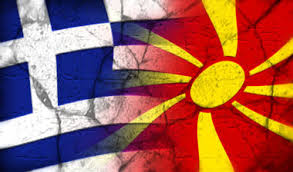 CAN "NORTHERN MACEDONIA" SOLVE THE PROBLEM?
CAN "NORTHERN MACEDONIA" SOLVE THE PROBLEM?
Vuslat Nur ŞAHİN 20.06.2018 -
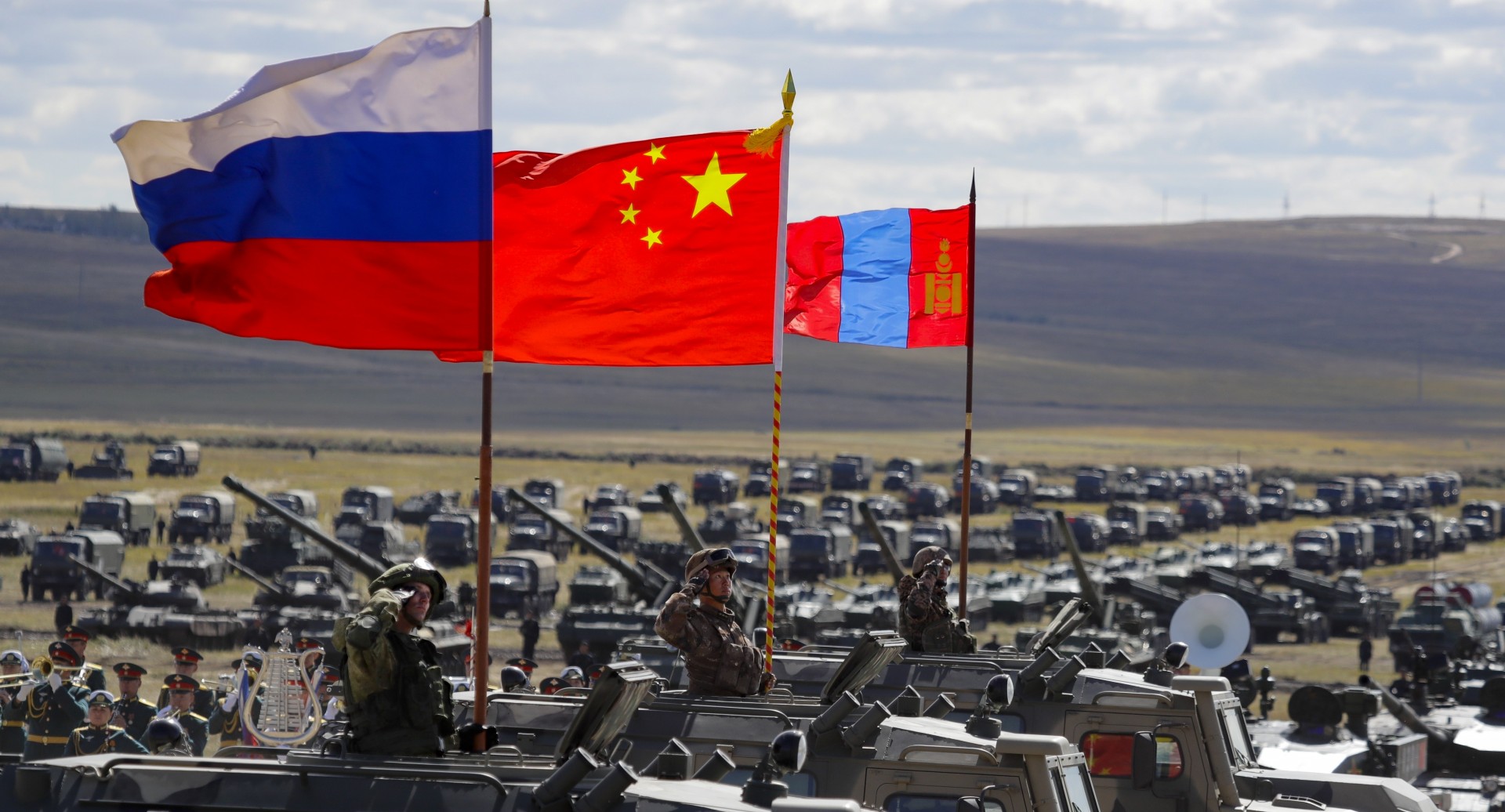 THE OUTCOMES OF VOSTOK 2018
THE OUTCOMES OF VOSTOK 2018
Vuslat Nur ŞAHİN 28.09.2018 -
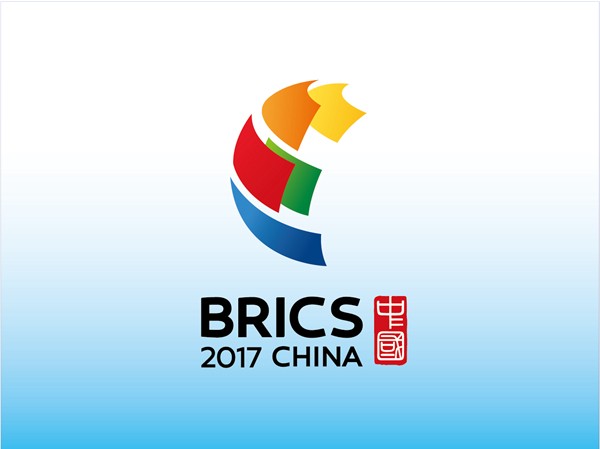 G20 AND BRICS 2017 XIAMEN SUMMIT
G20 AND BRICS 2017 XIAMEN SUMMIT
Vuslat Nur ŞAHİN 21.09.2017 -
 EASTERN BALKANS: TURKEY
EASTERN BALKANS: TURKEY
Vuslat Nur ŞAHİN 29.03.2019 -
 TRANS PACIFIC PARTNERSHIP TRADE PACT WITHOUT THE UNITED STATES: INCREASED ELBOW ROOM FOR JAPAN IN EAST ASIA
TRANS PACIFIC PARTNERSHIP TRADE PACT WITHOUT THE UNITED STATES: INCREASED ELBOW ROOM FOR JAPAN IN EAST ASIA
Vuslat Nur ŞAHİN 10.01.2019
-
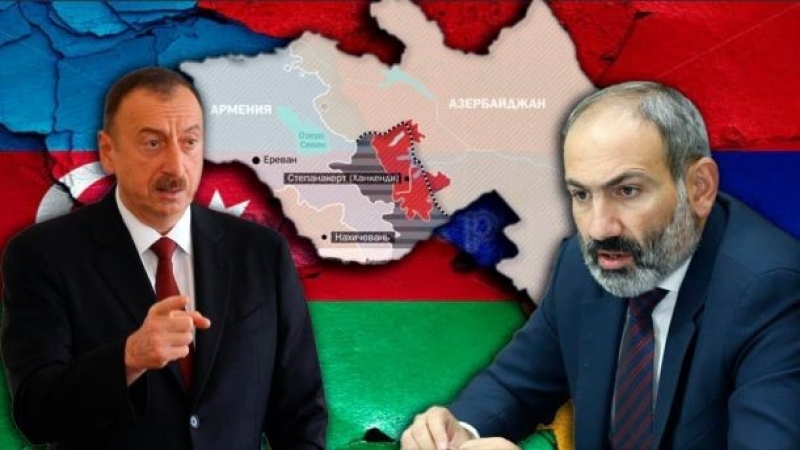 WHY IS THE NAGORNO KARABAKH PROCESS IN DEADLOCK
WHY IS THE NAGORNO KARABAKH PROCESS IN DEADLOCK
Tutku DİLAVER 17.10.2019 -
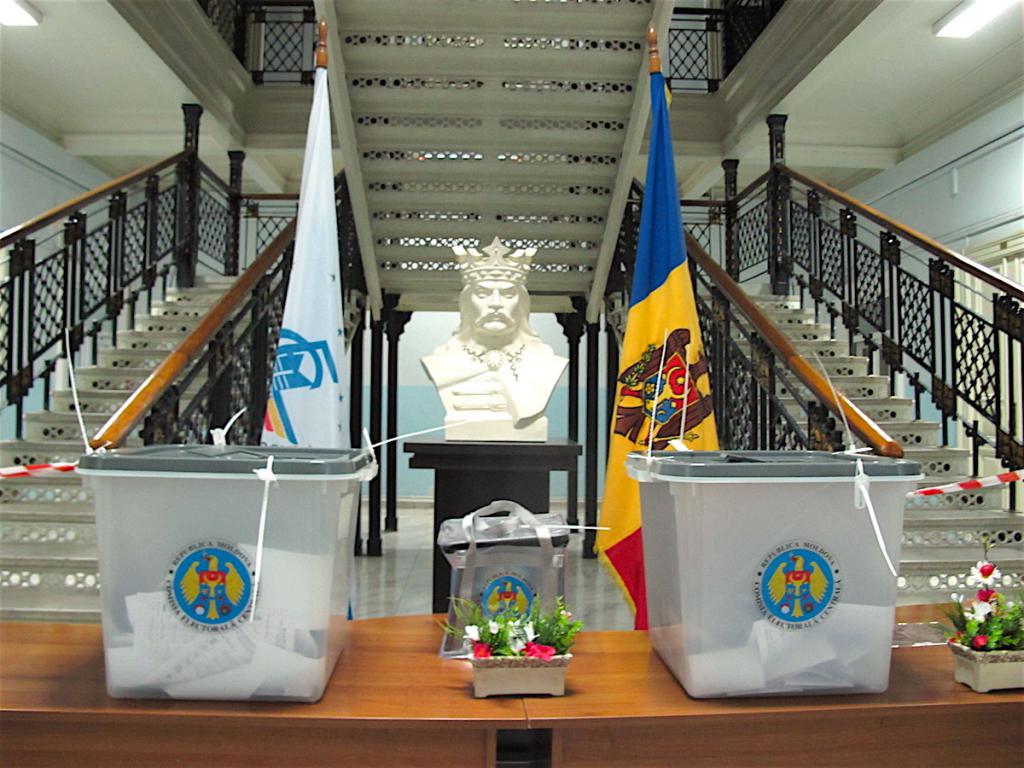 THE 2020 PRESIDENTIAL ELECTIONS IN MOLDOVA: A NEW POLITICAL CONTEXT IN THE POST-SOVIET SPACE?
THE 2020 PRESIDENTIAL ELECTIONS IN MOLDOVA: A NEW POLITICAL CONTEXT IN THE POST-SOVIET SPACE?
Turgut Kerem TUNCEL 02.12.2020 -
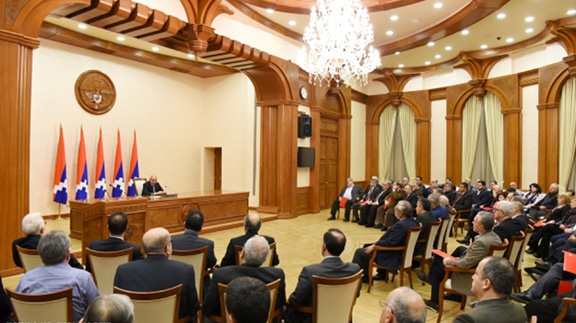 ARF 33RD WORLD CONGRESS COULD NOT PROMISE FOR “YOUNG SPIRIT” AND “FRESH IDEAS”
ARF 33RD WORLD CONGRESS COULD NOT PROMISE FOR “YOUNG SPIRIT” AND “FRESH IDEAS”
Nigar SHİRALİZADE 08.02.2019 -
 UN SECRETARY-GENERAL BAN KI-MOON CORRECTED POPE FRANCIS
UN SECRETARY-GENERAL BAN KI-MOON CORRECTED POPE FRANCIS
AVİM 13.04.2015 -
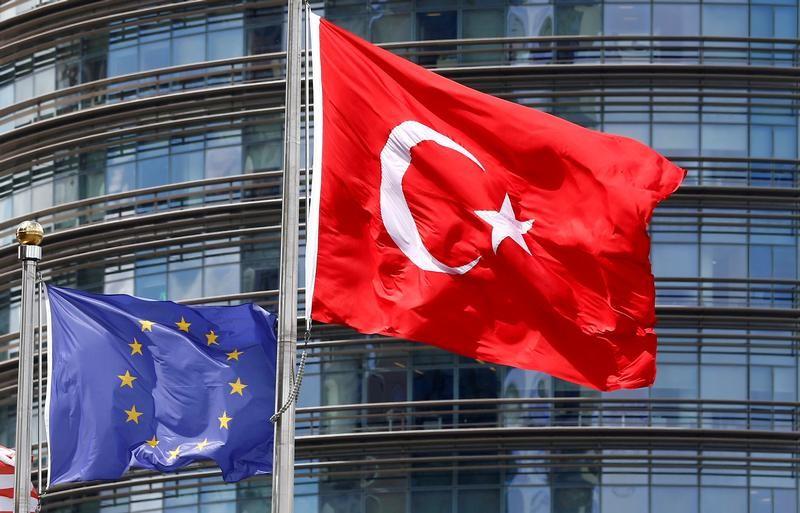 THE DECISION OF THE EUROPEAN PARLIAMENT ON TURKEY’S ACCESSION PROCESS: ADVICE FOR WHAT PURPOSE?
THE DECISION OF THE EUROPEAN PARLIAMENT ON TURKEY’S ACCESSION PROCESS: ADVICE FOR WHAT PURPOSE?
AVİM 13.07.2017
-
25.01.2016
THE ARMENIAN QUESTION - BASIC KNOWLEDGE AND DOCUMENTATION -
12.06.2024
THE TRUTH WILL OUT -
27.03.2023
RADİKAL ERMENİ UNSURLARCA GERÇEKLEŞTİRİLEN MEZALİMLER VE VANDALİZM -
17.03.2023
PATRIOTISM PERVERTED -
23.02.2023
MEN ARE LIKE THAT -
03.02.2023
BAKÜ-TİFLİS-CEYHAN BORU HATTININ YAŞANAN TARİHİ -
16.12.2022
INTERNATIONAL SCHOLARS ON THE EVENTS OF 1915 -
07.12.2022
FAKE PHOTOS AND THE ARMENIAN PROPAGANDA -
07.12.2022
ERMENİ PROPAGANDASI VE SAHTE RESİMLER -
01.01.2022
A Letter From Japan - Strategically Mum: The Silence of the Armenians -
01.01.2022
Japonya'dan Bir Mektup - Stratejik Suskunluk: Ermenilerin Sessizliği -
03.06.2020
Anastas Mikoyan: Confessions of an Armenian Bolshevik -
08.04.2020
Sovyet Sonrası Ukrayna’da Devlet, Toplum ve Siyaset - Değişen Dinamikler, Dönüşen Kimlikler -
12.06.2018
Ermeni Sorunuyla İlgili İngiliz Belgeleri (1912-1923) - British Documents on Armenian Question (1912-1923) -
02.12.2016
Turkish-Russian Academics: A Historical Study on the Caucasus -
01.07.2016
Gürcistan'daki Müslüman Topluluklar: Azınlık Hakları, Kimlik, Siyaset -
10.03.2016
Armenian Diaspora: Diaspora, State and the Imagination of the Republic of Armenia -
24.01.2016
ERMENİ SORUNU - TEMEL BİLGİ VE BELGELER (2. BASKI)
-
AVİM Conference Hall 24.01.2023
CONFERENCE TITLED “HUNGARY’S PERSPECTIVES ON THE TURKIC WORLD"









